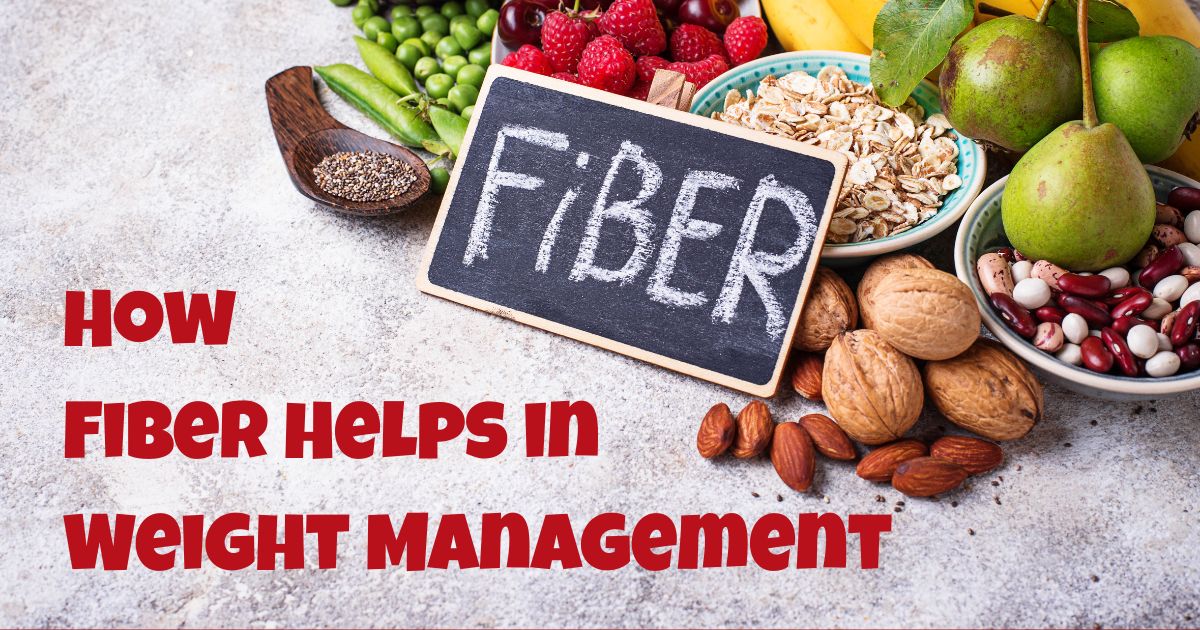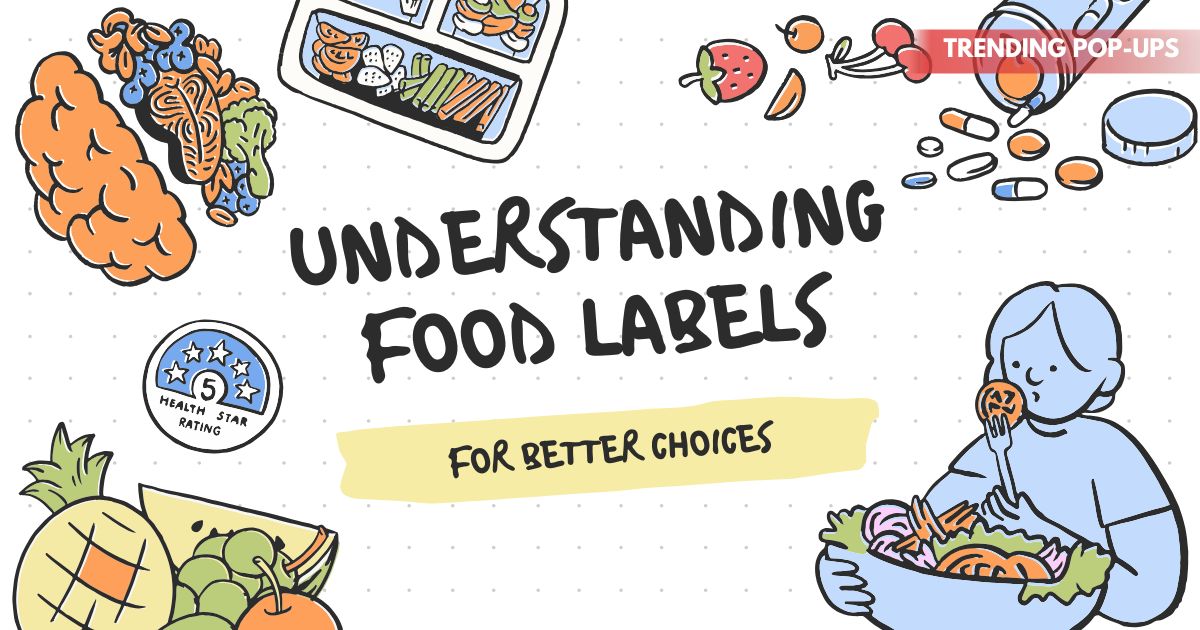Maintaining a healthy weight is a common goal for many people, but it can often feel challenging due to busy lifestyles and the abundance of processed foods. One of the most effective yet often overlooked tools for weight management is dietary fiber. Fiber not only supports digestive health but also helps control hunger, regulate blood sugar, and promote long-term weight management.
What is Dietary Fiber?
Dietary fiber is a type of carbohydrate found in plant-based foods that the body cannot digest completely. Unlike other carbohydrates that are broken down into sugar molecules, fiber passes through the digestive system largely intact. Fiber is classified into two types:
-
Soluble fiber: Dissolves in water to form a gel-like substance, slowing digestion and stabilizing blood sugar levels. Examples include oats, beans, lentils, and apples.
-
Insoluble fiber: Adds bulk to stool and helps food pass more quickly through the digestive system. Examples include whole grains, nuts, seeds, and vegetables.
Both types play important roles in weight management and overall health.
How Fiber Supports Weight Management1. Promotes Satiety and Reduces Hunger
Fiber-rich foods take longer to chew and digest, which slows the emptying of your stomach. This creates a feeling of fullness, reducing the likelihood of overeating. Soluble fiber, in particular, forms a gel-like substance that slows digestion, keeping you satisfied for longer periods.
Tip: Include fiber-rich foods like oats, beans, and leafy greens in your meals to curb hunger naturally.
2. Regulates Blood Sugar Levels
Fiber, especially soluble fiber, slows the absorption of sugar into the bloodstream, preventing rapid spikes and crashes in blood sugar. Stable blood sugar levels reduce cravings for sugary snacks and help maintain energy levels, making it easier to stick to a healthy eating plan.
Tip: Pair high-fiber foods with lean protein to further stabilize blood sugar levels and enhance satiety.
3. Reduces Calorie Intake
High-fiber foods are often low in calories but high in volume, which helps you feel full without consuming excessive calories. By replacing refined and processed foods with fiber-rich options, you can naturally reduce your daily caloric intake.
Tip: Swap white rice or pasta with quinoa, brown rice, or whole-grain alternatives.
4. Supports Healthy Digestion
Fiber improves digestion by adding bulk to stool and promoting regular bowel movements. A healthy digestive system efficiently absorbs nutrients and eliminates waste, preventing bloating and discomfort that can interfere with weight management.
Tip: Drink plenty of water alongside fiber-rich foods to support smooth digestion.
5. Promotes a Healthy Gut Microbiome
Fiber serves as food for beneficial gut bacteria, helping maintain a balanced gut microbiome. A healthy gut microbiome is linked to better metabolism, reduced inflammation, and improved fat regulation, all of which support weight management.
Tip: Include prebiotic fiber sources such as onions, garlic, asparagus, and bananas to nourish gut bacteria.
Best Fiber-Rich Foods for Weight Management
-
Whole grains: Oats, quinoa, brown rice, barley
-
Legumes: Lentils, chickpeas, black beans
-
Fruits: Apples, berries, pears, oranges
-
Vegetables: Broccoli, spinach, carrots, Brussels sprouts
-
Nuts and seeds: Chia seeds, flaxseeds, almonds, walnuts
Incorporating a variety of these foods into your diet ensures you receive both soluble and insoluble fiber, maximizing their weight management benefits.
Tips to Increase Fiber Intake
-
Start slowly: Increase fiber gradually to prevent bloating and gas.
-
Stay hydrated: Water helps fiber move smoothly through the digestive system.
-
Choose whole foods: Replace refined grains and processed snacks with whole grains, fruits, and vegetables.
-
Snack smartly: Opt for nuts, seeds, or fruit instead of sugary or processed snacks.
-
Read labels: Look for foods with at least 3–5 grams of fiber per serving.
Conclusion
Fiber is a powerful ally in weight management. By promoting fullness, regulating blood sugar, reducing calorie intake, supporting digestion, and nourishing gut bacteria, fiber helps you achieve and maintain a healthy weight. Including a variety of fiber-rich foods in your daily meals, alongside a balanced diet and active lifestyle, can lead to long-term weight management success and overall improved health.
Also Read : Omega-3 Rich Foods for Heart Health
FAQs
Q1: How much fiber should I consume daily?
A: The recommended daily intake is about 25 grams for women and 38 grams for men. Most people fall short, so increasing fiber intake gradually is key.
Q2: Can fiber alone help me lose weight?
A: Fiber helps with satiety, blood sugar control, and digestion, but it works best when combined with a balanced diet and regular physical activity.
Q3: Are fiber supplements as effective as whole foods?
A: While fiber supplements can help meet daily requirements, whole foods provide additional nutrients and antioxidants that support overall health.
Q4: Can too much fiber be harmful?
A: Excessive fiber without enough water can cause bloating, gas, or constipation. Gradually increase intake and stay hydrated.
Q5: Does fiber affect metabolism?
A: Yes, fiber promotes a healthy gut microbiome, which plays a role in metabolism and fat regulation, supporting weight management.



